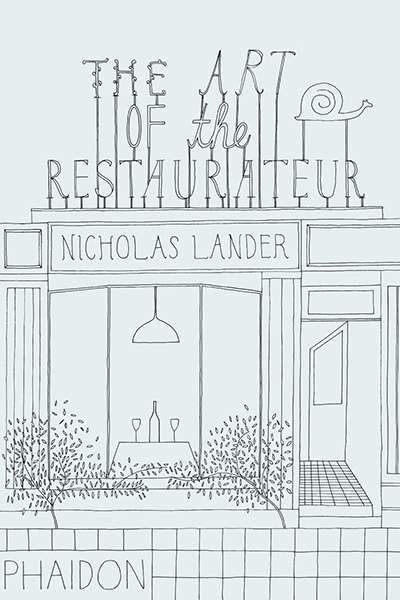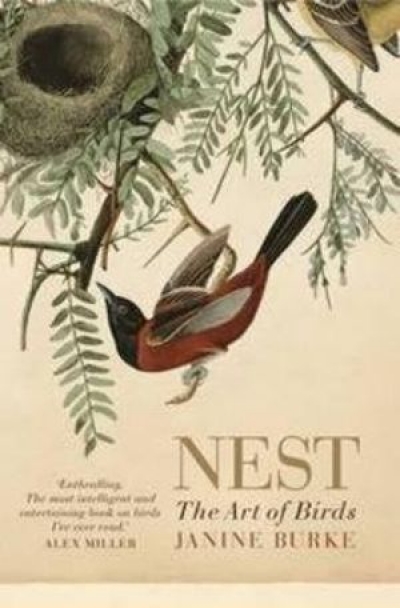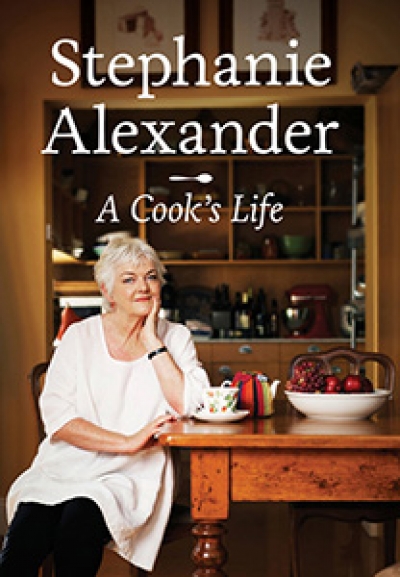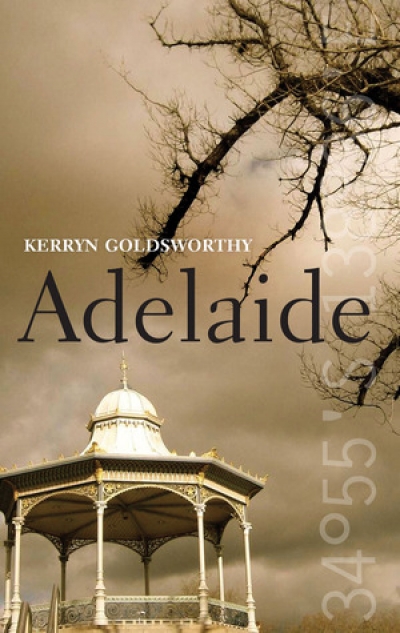Gay Bilson

Gay Bilson was, for twenty-five years (1973–1998), a restaurateur and cook in Sydney. She has created and directed several events centred on food and community, often for the Adelaide Festival, and was an associate director under Peter Sellars for the 2002 festival, producing programs such as Nourish (feeding patients in a large public hospital) and The Edible Library. In 2004 she directed Eating the City, a large community project created by the Spanish food artist and psychologist Alicia Rios, for the City of Melbourne. As an extension of this project, she recorded oral histories with the communities who took part. She is the author of Plenty (2004) and On Digestion (2008).
Fernando Nottebohm has been interested in birdsong since early childhood. By 2001 he had spent thirty years at Rockefeller University in New York studying how birds learn to sing, concentrating on canaries who are capable of learning new songs each year. His interest has been to study birdsong as ‘a model for the brain’. He studied the brains of caged birds and birds in the wild. The birds tha ... (read more)
Most present-day Australian chefs (that is to say, cooks who earn a living through their training, practice, and culinary skills) who have written cookbooks are at the same time telling us about themselves. Is it not curious that, in general, cooks repeatedly praise the table for its central role in hospitality, conviviality, generosity, and equality, yet seem so needful of, so greedy for, praise? ... (read more)
This year is the 175th anniversary of European settlement in South Australia. The University of Adelaide presented a series of public lectures collectively called Turning Points in South Australian History. Bill Gammage gave the first and showed by an accretion of primary sources that, prior to white settlement in 1836, Aborigines kept a tidy landscape thanks to the controlled use of fire. First A ... (read more)




